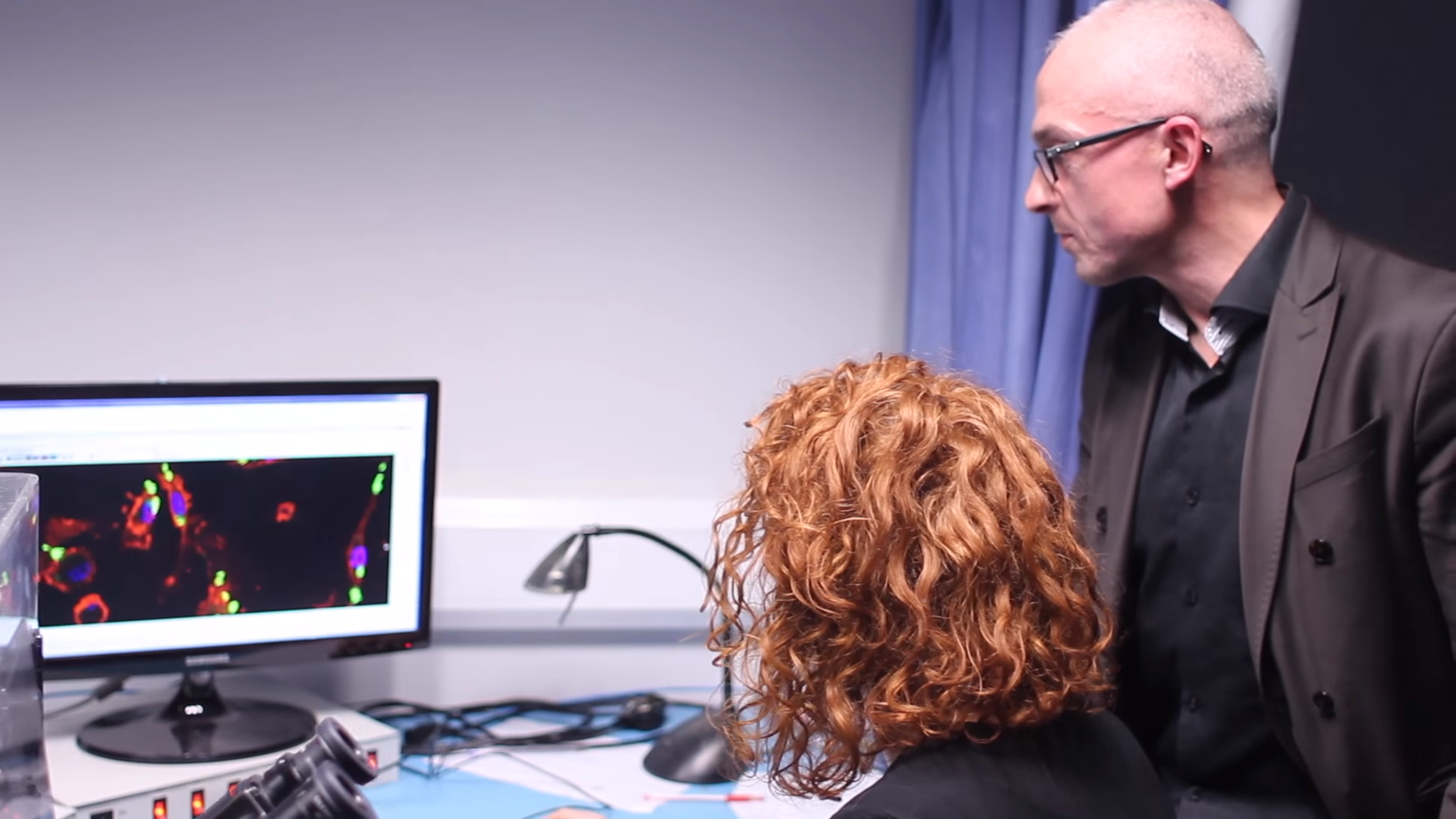Trinity immunologists have recently published groundbreaking research in the scientific journal Immunity relating to adjuvants. Adjuvants are key components in vaccines, and play an important role in enhancing the human body’s immune response to vaccination. Simply put, they help vaccines work better.
The research was carried out by a team from Trinity’s school of biochemistry and immunology, led by professor in immunology Dr. Ed Lavelle, of AMBER; the Science Foundation Ireland funded materials science centre.
Dr Elizabeth Carroll, a postgraduate immunologist at Trinity, was also among the team who uncovered the mechanism by which “an attractive candidate adjuvant” chitosan, induces an immune response. The team hope the adjuvant should be capable of “driving potent cell-mediated immunity”.
Lavelle commented on the importance of chitosan in the field of immunology: “We’ve been using, by and large, the same adjuvant for the last hundred years, which is an aluminium compound called alum […] but it’s not very effective at driving certain types of immune responses.” These responses are cellular immune responses, and this is what the team believe chitosan has the potential to do, in order to create “a new generation of vaccines”.
Carroll outlined the research’s most interesting observation, being that: “unlike alum, chitosan can activate dendritic cells. The activation of these cells is a critical feature of vaccine efficacy”.
Vaccines protect the body from infection and disease caused by pathogens; microorganisms which are harmful to humans, such as fungi and bacteria. Vaccine development is currently a particularly important area of scientific research, as the diversity and frequency of infectious diseases continues to rise due to an alarming rate of antibiotic resistance among bacteria.
Additionally, trends of pathogen spreading are rising which has been attributed to globalization and enlarged mobility. This was illustrated by the outbreak of the with Ebola virus, and, more recently, considered a public health concern regarding the spread of the Zika virus.
Vaccines have, for decades, been typically made with adjuvants to ensure the body produces an immune response appropriate to protect the patient from the pathogen they are being vaccinated against. However, the exact details of how this process occurs is still quite unclear.
Immunologists are only beginning to understand the new adjuvants that are required to develop effective vaccines for TB, malaria, HIV and some cancers. Therefore, a better understanding of how adjuvants work is crucial. The paper published sheds light on the mechanism by which a cationic polymer can engage with biological pathways to “trigger innate and adaptive immune responses.”
Lavelle added that the outcome of their research provides innovative new ways for exploring adjuvant research in the future. “Our discovery that a cationic polysaccharide can activate a DNA-sensing pathway in cells is surprising – as this pathway mainly senses pathogens – and provides exciting new perspectives for the design of adjuvants for promoting cell-mediated immunity.”






